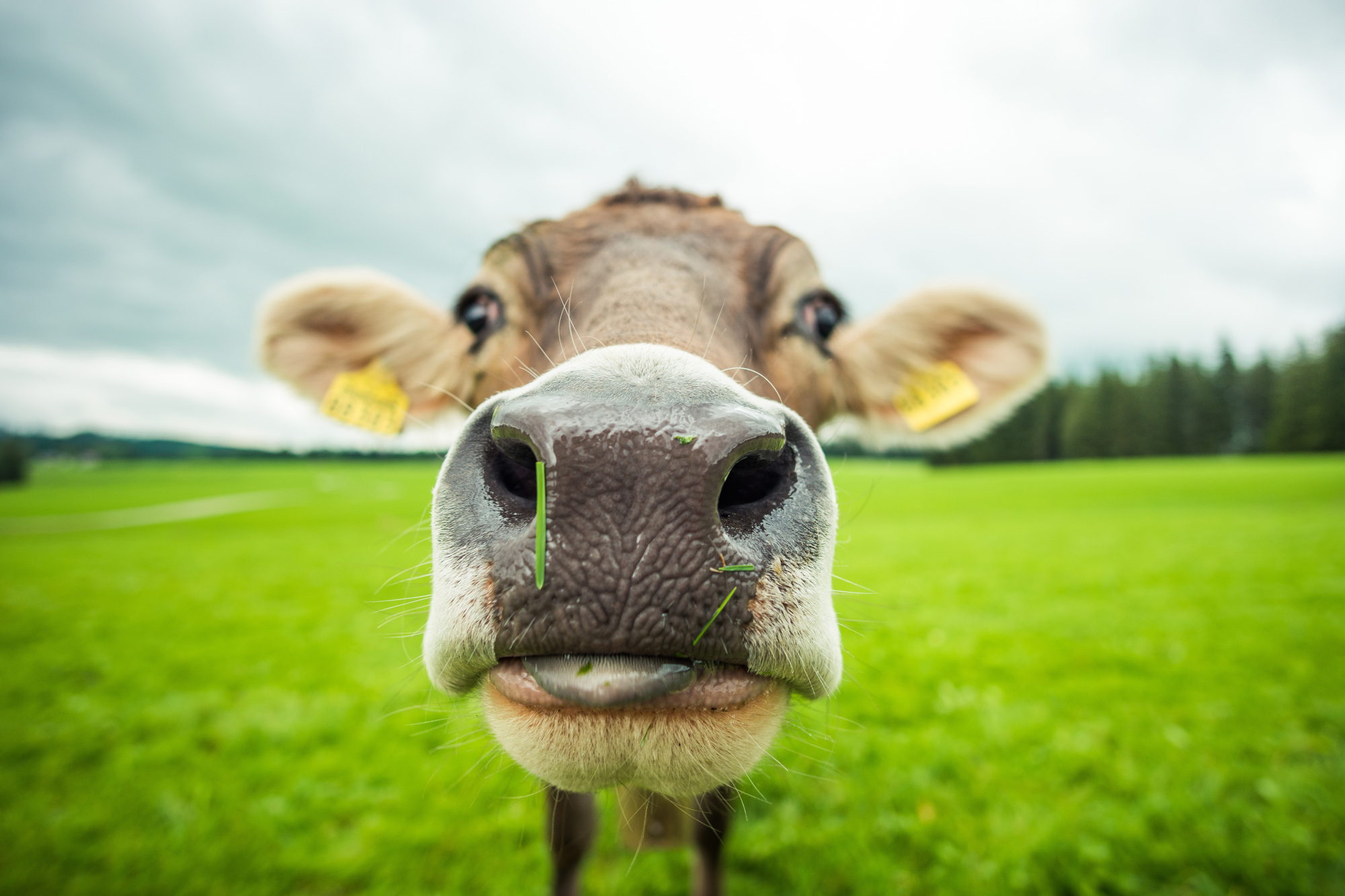In mid-July, as a brutal drought decimated crops, some European dairy and meat farmers were forced to cull their herds early to reduce the number of animals they needed to feed. Such desperate decisions will become routine in a world where heat waves will be longer, hotter, drier and more frequent. That is why now is the right time to start a serious conversation about animal agriculture.
The animal agriculture industry is not only vulnerable to the observed and predicted effects of climate change; it is also a key contributor to the problem. In fact, the farming of animals for meat and dairy products accounts for 16.5 percent of global greenhouse gas emissions.
Moreover, if we treat climate change as the emergency it is and are serious about slowing the pace of warming over the next 20 years, the proportional influence of livestock farming will be even greater. This is because the animal sector is responsible for a third of all anthropogenic methane and two-thirds of nitrous oxide emissions — both potent greenhouse gases that trap more heat than carbon dioxide.

















With your current subscription plan you can comment on stories. However, before writing your first comment, please create a display name in the Profile section of your subscriber account page.